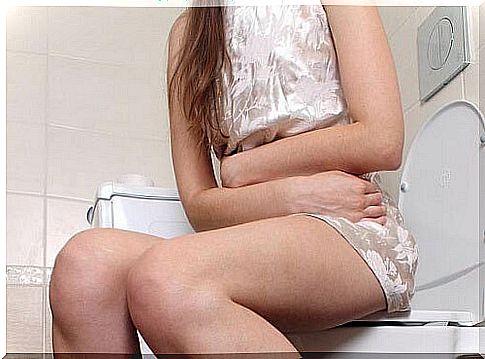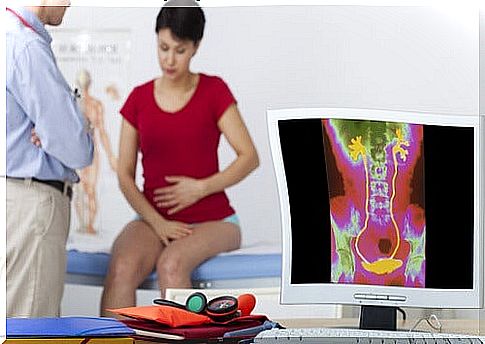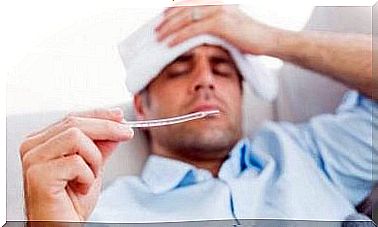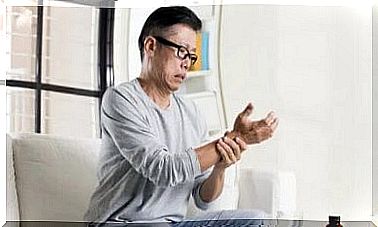Difficulty In Controlling The Bladder?

The need to empty your bladder suddenly and urgently is a rather unpleasant feeling, especially if we don’t have a toilet close at hand.
It is an experience that happens to everyone, perhaps after drinking a lot. However, when it starts to happen frequently, it could be a sign of difficulty in controlling your bladder or a condition known as urinary incontinence.
What are the causes of urinary incontinence?

Most women experience urinary incontinence when the pelvic floor muscles have weakened, resulting in uncomfortable leaks. These muscles have the function of keeping the urethra closed, until it is given the urge to open up to urinate.
When the pelvic floor loses its elasticity, activities as simple as sneezing or exercising can cause these losses. The main causes of this weakening are pregnancy, childbirth and menopause. Other causes can be:
- Overweight and obesity
- Having suffered a stroke
- Diabetes
- Dementia
- Urinary tract infections
- The presence of neurological damage (Parkinson’s, Alzheimer’s, spina bifida, multiple sclerosis, among others)
- The abuse of certain medicines
The symptoms of urinary incontinence are easy to identify and become more pronounced over time. They are certainly an opportunity to undergo a medical examination.
A frequent urge to urinate
Going to the bathroom several times a day is normal when drinking liquids or consuming foods with diuretic properties. If the stimulus, however, becomes more frequent than usual or if it is felt even without drinking, it is likely that we are facing a case of urinary incontinence.
Why does it occur? It usually happens when the bladder muscles remain contracted and cannot relax so that they can hold urine properly.
Feeling stinging when urinating
People who have been diagnosed with urinary incontinence usually feel a slight burning or pain when urinating. Be careful, this does not necessarily mean that incontinence is the cause of the burning. Often, these symptoms can be a sign of some urinary tract infection.
Failing to hold urine during a sneeze or cough

These small leaks of urine that occur when coughing, sneezing or during activities such as jumping or climbing stairs are one of the first symptoms of difficulty in controlling the bladder, namely stress incontinence, one of the most common types.
Not being able to get to the bathroom in time
In recent times, do you often have to run to get to the bathroom? Do you feel like you can’t hold back even one more minute? If you run out of urine before you can get into the bathroom, have your bladder checked. There are pelvic muscle therapies and exercises that can help regain control.
Those little involuntary losses

Do you have sudden urine leaks, even if you haven’t made any effort? Sudden loss of urine can be caused by weakening of the sphincter muscles responsible for keeping the bladder closed.
Frequent interruption of sleep to empty the bladder
When you are no longer able to control your bladder efficiently, one of the consequences is that sleep is continually disturbed by the need to get up to go pee. If you feel the need to go to the bathroom two or more times during the night, ask your doctor to prescribe an appropriate examination.
How to deal with urinary incontinence?

It is easy for no one to live with urinary incontinence and the changes it entails. One of the main concerns is making sure there is a toilet close at hand.
Another is the problem of smell. But don’t be discouraged: incontinence can be addressed with some lifestyle changes and taking small precautions.
- Do exercises to strengthen the pelvic muscles.
- Follow a healthy diet.
- Use the panty liners or sanitary napkins, as needed.
- If urine leaks are more abundant, consider using incontinence pads.
- In extreme cases it is also possible to resort to drug therapy or surgery.









